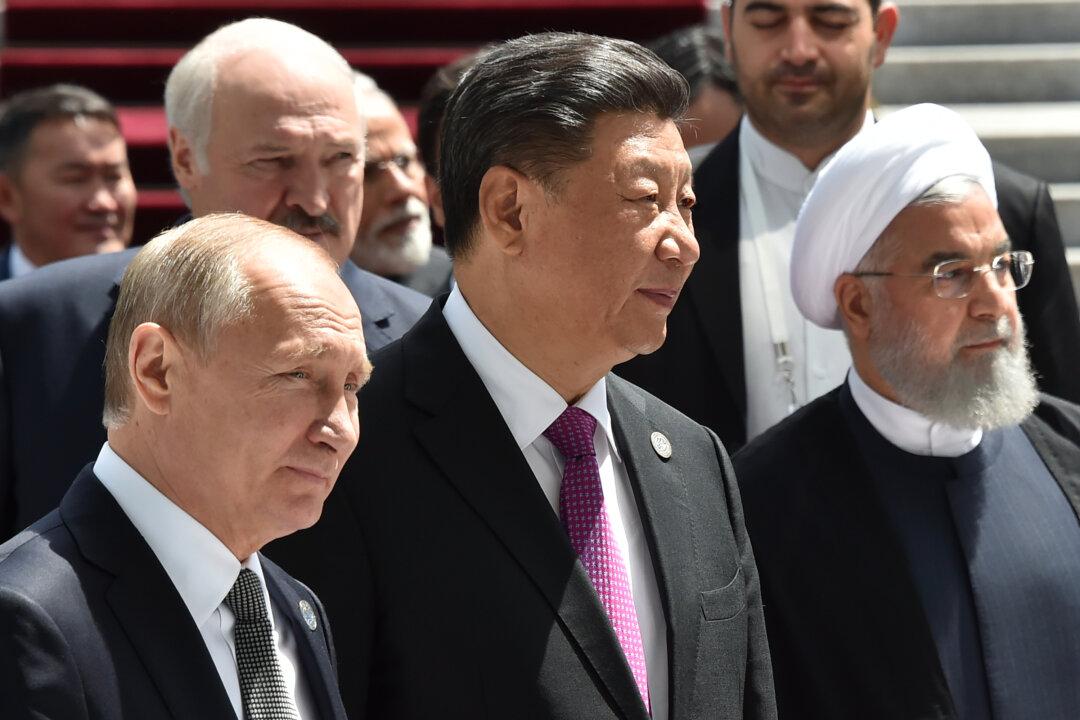Commentary
Here’s 2024’s strategic challenges column—challenges to our so-called international strategic order, meaning threats to human life and economic well-being on a continent-regional or global scale.

Here’s 2024’s strategic challenges column—challenges to our so-called international strategic order, meaning threats to human life and economic well-being on a continent-regional or global scale.